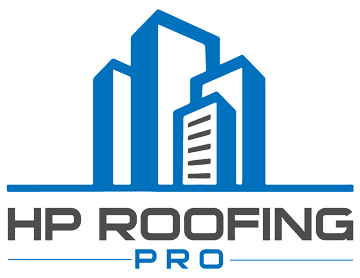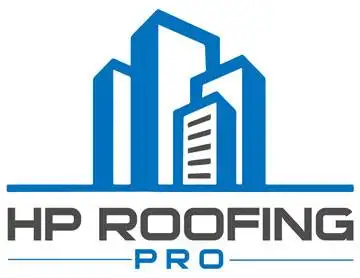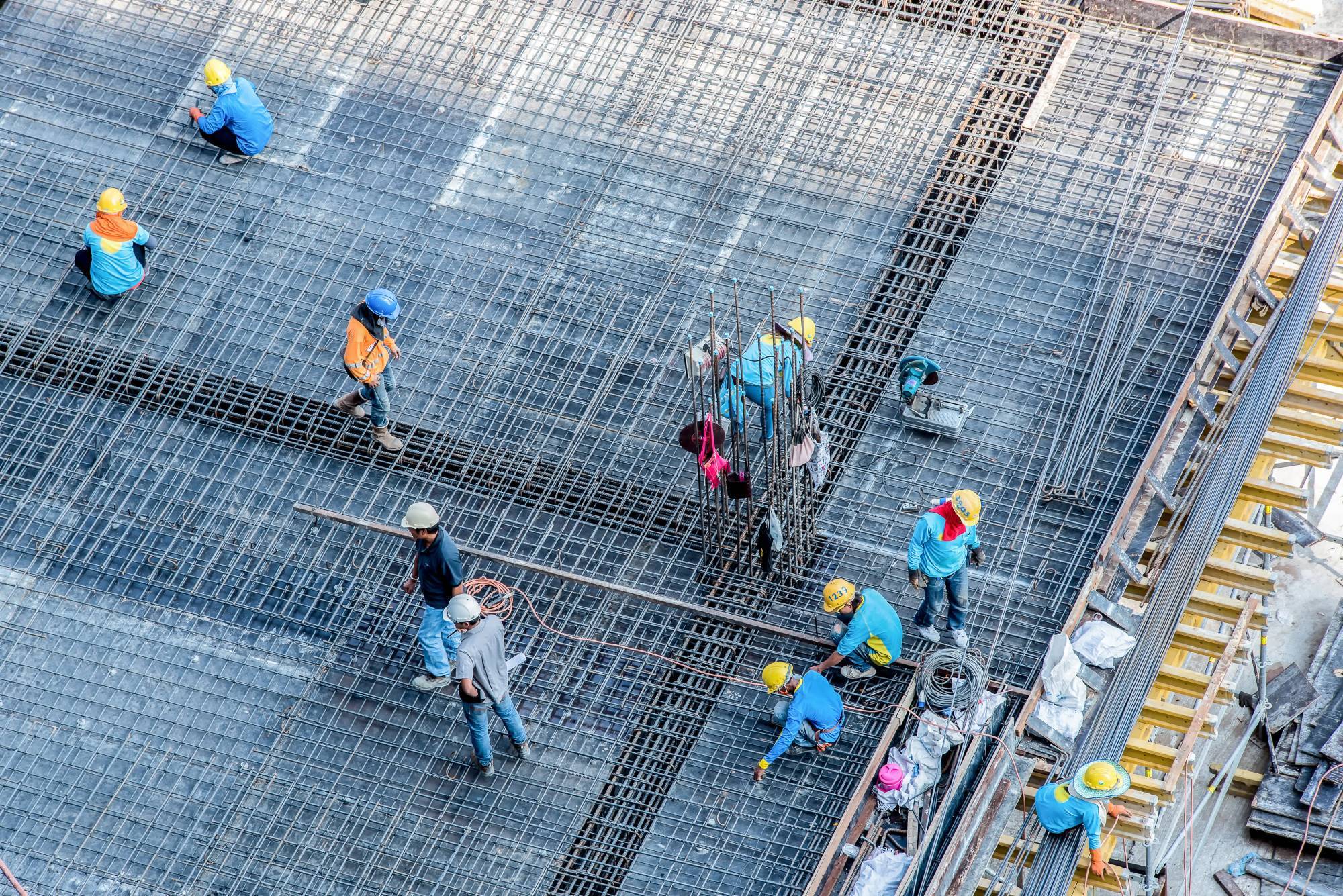Mon - Fri 7:00 am - 4:30 pm
601 South Palm Ave, Alhambra, CA 91803
Posted by thomas ferriere No Comments on 5 Commercial Roof Types Every Business Owner Must Know Roofing
5 Commercial Roof Types Every Business Owner Must Know
The Ultimate Guide to Commercial Roofing: Exploring the Best Roof Types for Your Business
Selecting the appropriate roof type is a critical decision when it comes to safeguarding your commercial property from environmental factors. Commercial roofs, on account of their vast expanse and specific prerequisites, necessitate a distinct approach compared to residential roofs. This all-inclusive guide delves into the technical details of the top five commercial roof types currently available in the market, which will enable you to make a well-informed choice for your enterprise.
1. Metal Roofing Systems: Durability and Elegance Combined
Metal roofing systems have emerged as one of the most durable and visually appealing options for commercial properties. Metal roofing systems have a lifespan of around 60 years and require very little maintenance. Different types of metals, including aluminum, zinc, copper, corrugated galvanized steel, and coated or stainless steel, can be utilized for metal roofing.
Metal roofs are highly durable and offer excellent fire resistance. They can be customized with additional features such as snow removal or solar systems, making them a versatile roofing solution. Although metal roofs were previously prone to corrosion, technological advancements have addressed this issue by utilizing protective surface layers that provide a barrier against moisture, pollution, and other environmental factors. As a result, metal roofs have become a long-lasting and attractive option for commercial and industrial buildings.
2. PVC or TPO Roof Membranes: Versatility and Resilience
Polyvinyl chloride (PVC) and Thermoplastic Polyolefin (TPO) roofing membranes have become increasingly popular in the commercial roofing industry due to their excellent resistance to harsh environmental conditions such as ultraviolet (UV) light exposure, chemical exposure, and microbial growth. One of the most notable benefits of these membranes is their high solar reflectance, which allows for significant energy savings by reducing cooling costs.
PVC and TPO roofs offer a combination of benefits that make them a popular choice for commercial roofing applications. These roofing systems are lightweight, yet durable, and can withstand high winds and temperatures. Additionally, they are fire-resistant, which is a critical safety feature for commercial buildings. However, to ensure optimal performance and longevity, it is crucial to use high-quality materials during installation. By sourcing materials from reputable manufacturers and working with experienced installers, you can be confident that your PVC or TPO roofing system will provide excellent protection and durability for years to come.
3. Shingle Roofing Systems: Affordability and Versatility
Shingles are a popular choice for commercial properties with steep rooflines. Asphalt shingles are the most common type, but there are also architectural, ceramic, slate, and plastic shingles available. The versatility and affordability of shingles make them a preferred option for many businesses.
Shingle roofing systems are easy to install and offer a wide range of design options. However, it is worth noting that shingles may not be as durable as other commercial roof types. They are also prone to moss and mildew growth if the property is shaded. Regular maintenance and inspection can help extend their lifespan and ensure their optimal performance.
4. Spray-On Roofing: Environmentally Friendly and Versatile
Spray Polyurethane Foam (SPF) roofing, a cutting-edge solution in the field of sustainable building materials, presents an advanced approach to roof insulation and waterproofing. This technology involves the application of a liquid mixture that rapidly expands into a robust foam, adhering seamlessly to the substrate. The resultant foam layer exhibits superior thermal resistance, attributed to its closed-cell structure, making it an exceptional insulator.
Notably, SPF roofing can be directly applied over existing roof systems, offering a cost-effective alternative for roof renovation projects. Its versatility across diverse substrates and configurations makes it a preferred choice for both new construction and refurbishment.
The durability of SPF roofing is noteworthy, often extending up to 50 years, contingent upon professional installation and regular maintenance. This longevity is partly due to the material’s resilience against thermal cycling, UV radiation, and mechanical stress. Furthermore, its expansive nature ensures a monolithic, seamless surface, significantly reducing the risk of leaks.
Optimal application of SPF roofing necessitates precise environmental conditions, particularly in terms of temperature and humidity, to ensure effective adhesion and curing. Therefore, strategic planning of the installation process, accounting for weather forecasts and site-specific factors, is crucial for the long-term performance of the SPF system.
5. Commercial Cool Roofing: Energy Efficiency and Cost Savings
In the realm of commercial building management, the implementation of a cool roofing system emerges as a strategic approach to enhance energy efficiency and achieve cost savings. Cool roofs are engineered with materials that have high solar reflectance and thermal emittance properties, enabling them to effectively deflect sunlight and dissipate heat. This design not only reduces the heat absorption of the building but also significantly mitigates the urban heat island effect.
The application of a cool roof system, like the RainArmor System, can result in a notable reduction in interior cooling requirements, leading to decreased energy consumption and enhanced thermal comfort for occupants. Additionally, by mitigating thermal cycling stresses on the roof structure, these systems contribute to an extended lifespan of the roofing materials.
The efficacy of a cool roof largely hinges on the properties of its outermost coating. Acrylic and silicone-based coatings are predominant in this sector. Acrylic coatings, recognized for their UV resistance and flexibility, are well-suited for metal roofing systems and single-ply membranes. They offer added benefits like hail resistance and durability under varying weather conditions. Silicone coatings, distinguished by their superior UV reflectivity and resilience, are particularly advantageous in wet climates due to their impermeability and resistance to water pooling.
Given the potential for significant energy savings and operational benefits, the selection of a suitable cool roof coating should be a carefully considered decision, factoring in the specific climatic conditions and roofing substrate of the building
Conclusion: Choosing the Perfect Commercial Roofing System
Understanding the different types of commercial roofing systems is essential for selecting the best option for your business. Whether you prioritize durability, energy efficiency, affordability, or aesthetics, there is a roofing solution to meet your needs.
For a comprehensive evaluation of your commercial property’s requirements, it is recommended to consult with roofing professionals who have expertise in your local climate and weather conditions. They will thoroughly inspect and recommend the most suitable roofing system and materials for your specific needs.
At HP Commercial Roofing PRO, we specialize in providing premier commercial roofing services. Our team of experts is well-versed in the latest industry trends and practices, ensuring that your roofing project adheres to the highest standards of quality and durability. Please get in touch with us today for a free consultation and find out how our cost-effective roof repair and maintenance services can benefit your business.
Remember, investing in the right commercial roofing system is a long-term decision that guarantees your property’s protection, aesthetics, and energy efficiency. Choose wisely and enjoy the benefits of a high-quality roof that stands the test of time!
This article is presented to you by HP Commercial Roofing PRO, the leading provider of commercial roofing services in California. For more information about our services and to request a free estimate, please visit our website. We are dedicated to delivering top-notch roofing solutions that exceed your expectations and provide the ultimate protection for your commercial property.
Recent Posts
Categories
Recent Posts
Tags
Do you have any questions?
Contact us at The HP Roofing PRO office or submit a business inquiry online
Contact Us




